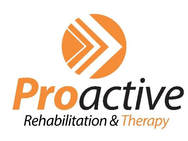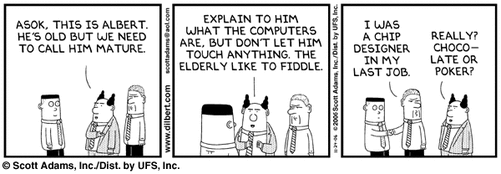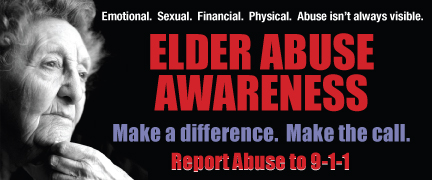| After having worked in personal care homes for over ten years, I have seen the range of attitudes from family members and staff towards the elderly. Some are incredibly loving, caring, and giving of themselves, while others are diligent and helpful. However, there are also the quiet resenters, the one's who've burned out emotionally, or learned to stop valuing the quality of life of elderly people. It would be unfair to say that health care staff just fall into these categories innately. I believe that most health care workers start off either caring or actively helpful. Unfortunately, working in the field can be stressful, taxing, and thankless. In some facilities, the stress is compounded by management who like to weed out employees rather than support and encourage them. A shift from caring to resentful can gradually occur over time, as can a shift from seeing value in the lives of seniors to ageism. A process of stereotyping and discriminating against the elderly solely on the basis of their age. It is being unable to fathom how an elderly person with a very different existence can value that existence. Let's face it, young people have very different lives and participate in different activities than the elderly. In my experience, however, over 90% of the seniors in personal care homes, who were capable of communication, expressed gratitude at being alive. The other 10% I suspected suffered from depression. It always came as a shock for me to hear a nurse or health care aid devalue the life of another person under their care. A good self-evaluation of one's work, in my opinion, would be to say, "I hope I'm lucky enough one day to get the same kind of care that I'm providing." How else could anyone feel satisfaction with their work if they don't ever want the very care they are delivering. In my ten years in personal care homes, I heard staff make positive statements about the quality of life of their patients around five times. What I heard countless times was a very negative self-evaluation of service and bleak perspective on the value of the lives of the elderly. | Ageism is a process of stereotyping and discriminating against the elderly solely on the basis of their age. "In my experience over 90% of the seniors in personal care homes, who were capable of communication, expressed gratitude at being alive." "When we stop valuing people's lives we make errors in representing their health needs. Those errors are often found to be abuse." | Here are some examples of what I frequently overheard: 1. "Why are we going to so much trouble to keep people alive in a state of hopeless suffering?" 2. "When I turn 80, just take me somewhere and shoot me." 3. "I couldn't endure having to wait two hours each time I needed to go to the washroom. I'd rather be dead.' 4. "Why can't we help these poor people get to Jesus, why prolong the inevitable?" 5. "We treat our pets with more dignity by euthanizing them." 6. What's the point of being alive when you have to live in a place like this? 7. "We could do more for some of these people and improve their health, but what's the point?" Challenging these disturbing ageist and gerontophobic (elderly hating)views may be possible, but outside of a staff retraining approach unlikely to have lasting effect. Ageist views were the dominant culture in most of the nursing homes I worked in and there were no training seminars being offered, that I was aware of, to correct the problem Once ageism sets in elder abuse is not far along. When we stop valuing people's lives, we make errors in representing their health needs. Those errors are often found to be abuse. Making a person regularly wait for hours to go to the washroom or allowing pressure sores to form by not turning them is neglect. Failing to assist them with eating food or preventing them from having opportunities to exercise their bodies are also examples of abuse. If we want to stop abuse we need to challenge ageism. Advocating with honesty and integrity... David Chochinov, Occupational Therapist |
|
9 Comments
Being the witness of abusive care of a vulnerable human being is harmful in itself... and reporting it openly can result in further harm instead of an anticipated positive resolution. Reporting abuse often results in an investigation. Investigative processes are stressful for the alleged, as well as for management, as a positive finding of abuse can result in more investigations, criminal charges laid, and/or negative publicity. It may not always be possible, but it is recommended for the reporter of abuse to remain anonymous when filing a complaint. If you are known as the reporter, you may become the target of abusive treatments, such as harassment, from the alleged or even your boss or supervisor!
The elderly are protected from abuse when you first make a report... but there is no protection the second time if you are abused for reporting. Check your local laws, such as The Whistleblowers Act, for protection as not all sectors of the workforce are covered by some Acts. Dealing with a reprisal can be a very difficult and daunting challenge in which legal counsel is generally required. Make a difference. Make the call. But know the risks. Advocating with honesty and integrity, David Chochinov |
AuthorDavid Chochinov is a private practitioner in the field of occupational therapy, mental health counsellor, nutrition consultant, and an advocate for the prevention of elder abuse. Archives
March 2017
Categories |



 RSS Feed
RSS Feed